Inhaltsverzeichnis
Everything about CB9
What is CB9?
In recent years, cannabinoids have skyrocketed in popularity due to their potential health benefits. While many people are familiar with CBD (cannabidiol) and THC (tetrahydrocannabinol), a newer cannabinoid called CB9 is on the rise. CB9 is a relatively new member of the cannabinoid family that is gaining increasing interest due to its unique properties and potential therapeutic applications.
characteristics of CB9
CB9, also known as cannabidivarol (CBDV), is a non-psychoactive cannabinoid found in the hemp plant. It is structurally similar to the well-known CBD, but has some notable differences that make it unique.
- Chemical Structure : CB9 has a similar chemical structure to CBD, but with slight differences in molecular arrangement. These differences may affect the way CBD9 interacts with receptors in the endocannabinoid system.
- Non-psychoactive : Like CBD, CB9 is non-psychoactive, meaning it does not cause the "high" feeling typically associated with THC.
- Occurrence : CB9 is found in certain varieties of hemp and cannabis, but in lower concentrations than CBD or THC. It is extracted from specific strains that produce higher amounts of this cannabinoid.
Differences between CBD, HHC, THC and CB9
To better understand CBD9, it is helpful to compare it to other common cannabinoids.
CBD (cannabidiol)
- Effects : CBD is known for its calming and anti-inflammatory properties. It is often used to relieve anxiety, pain and sleep disorders.
- Non-psychoactive : CBD does not cause a high, making it a popular choice for people who want to enjoy the therapeutic benefits of cannabis without getting intoxicated.
- Legal status : CBD is legal in many countries as long as it is derived from hemp and has a THC content of less than 0.3%.
THC (tetrahydrocannabinol)
- Effects : THC is the psychoactive cannabinoid that causes the high feeling. It also has therapeutic uses, including pain relief, appetite stimulation, and nausea.
- Psychoactive : THC affects the central nervous system and alters perception and consciousness.
- Legal status : THC is heavily regulated in many parts of the world and illegal in some countries.
HHC (hexahydrocannabinol)
- Effects : HHC is a relatively new cannabinoid that can have similar psychoactive effects to THC, but less potent.
- Psychoactive : HHC can produce a mild to moderate high, although not as intense as that of THC.
- Legal Status : The legal status of HHC is unclear and varies by region as it is a relatively new and little-researched cannabinoid.
CB9 (cannabidovariol)
- Effects : CB9 shares some therapeutic properties with CBD, including anti-inflammatory and anti-anxiety effects, but there is evidence that it may have specific applications in neurological disorders.
- Non-psychoactive : Like CBD, CB9 is non-psychoactive and does not cause a high.
- Legal status : The legal status of CB9 is similar to that of CBD, as it can also be derived from hemp.
effects of CB9
Research on CB9 is still in its early stages, but initial studies and anecdotal reports suggest several potential benefits:
- Anti-inflammatory : Like CBD, CB9 has anti-inflammatory properties that may be helpful in treating chronic inflammation and pain.
- Neurological Support : Preliminary research suggests that CB9 may have neuroprotective properties, making it a promising candidate for the treatment of neurological disorders such as epilepsy and multiple sclerosis.
- Anxiety and stress relief : CB9 may help reduce anxiety and stress similar to CBD without causing psychoactive effects.
Possible Benefits of CB9
Research into CB9 is still in its infancy, but initial evidence suggests promising therapeutic potential. Possible benefits of CB9 could be its neuroprotective, anti-inflammatory and calming effects. Applications could focus in particular on promoting general well-being, improving sleep and treating chronic pain and inflammation. CB9 could also be beneficial in neurodegenerative diseases.
With growing interest and intensive research, further insights into the specific benefits of CB9 are expected in the future.
Given the promising properties of CB9, there are a number of potential benefits that could make it an interesting supplement:
pain relief
CBD9 may be helpful in relieving chronic pain and inflammation. Through its anti-inflammatory properties, it can help reduce pain and improve quality of life.
support for neurological diseases
The neuroprotective properties of CB9 could be beneficial in the treatment of neurological diseases such as epilepsy, Parkinson's disease and multiple sclerosis. There is evidence that CB9 could protect nerve cells and slow the progression of these diseases.
improving mental health
CB9 could also help improve mental health by reducing anxiety and stress. It could be a natural alternative to traditional anxiety medications, which are often associated with side effects.
skin health
Thanks to its anti-inflammatory and antioxidant properties, CB9 could also be helpful for skin conditions such as acne, eczema and psoriasis. It could help reduce inflammation and improve skin health.
sleep improvement
Although research on this topic is still limited, there is some evidence that CB9 may also help with sleep disorders. It may help improve sleep quality and help people who suffer from insomnia get a restful night's sleep.

Buy CB9 Products
Currently, CB9 is less widely used than other cannabinoids due to both limited research and complex manufacturing.
However, it is expected that products such as oils, capsules or topical applications, similar to CBD products, will be available in the future.
Various CB9 products are already available on international markets, including:
- CB9 distillates
- CB9 flowers
- CB9 hashish
- CB9 vapes
- CB9 gummy bears
experiences of CB9
1. Psychoactive effects
Most reports suggest that CB9 has psychoactive properties, similar to THC or HHC (hexahydrocannabinol). Users often report feelings of euphoria, deep relaxation, and a slightly altered perception of time and space. These effects seem to distinguish CB9 from non-psychoactive cannabinoids such as CBD.
2. Mood improvement and relaxation
Some users have noticed positive mood changes associated with CB9. It is reported that CB9 can help relieve stress and anxiety, similar to other psychoactive cannabinoids.
3. Change in sensory perception
There are reports of slightly altered sensory perceptions, such as an increased perception of colors or sounds. However, these effects are usually more subtle than the strong psychoactive effects known from THC, for example.
4. Sleep-promoting properties
Some users use CB9 to improve sleep. The calming and relaxing properties may help with falling asleep faster and improving sleep quality, although this depends greatly on individual response.
5. Pain relief and anti-inflammatory
Similar to other cannabinoids, there are reports that CB9 may be helpful in reducing pain and inflammation. However, these experiences are anecdotal and not supported by comprehensive scientific studies.
6. Little-known side effects
Due to limited research, there is no detailed information about potential side effects of CB9. Some users report mild side effects such as dry mouth or mild headaches, which can also occur with the use of other cannabinoids.
7. Individual reactions
As with all cannabinoids, the effects of CB9 can vary from person to person. Factors such as individual tolerance, dosage, and method of consumption can affect the experience.
Experiences with CB9 are mostly positive, especially when it comes to its psychoactive and relaxing effects. However, since CB9 is still relatively new and scientific research is still in its early stages, users should be cautious and increase the dose slowly to better assess their own response. It is also advisable to pay attention to future studies and reports to gain a better understanding of the potential benefits and risks of CB9.
Does CB9 show up positive on drug tests?
CB9 is a relatively new and little-researched cannabinoid derived from CBD that exhibits psychoactive properties. Due to its similarity to other cannabinoids, CB9 could theoretically be detected in drug tests.
Most standard drug tests, especially urine and blood tests, are designed to detect THC (delta-9-tetrahydrocannabinol) and its metabolites. These tests do not usually detect all cannabinoids, but focus on THC and occasionally other related substances such as CBD.
CB9 and drug tests
Because CB9 is a relatively new cannabinoid, it is unlikely to be directly detected by standard drug tests. However, it is possible that due to its chemical similarity to THC or other psychoactive cannabinoids, CB9 could produce a positive result if the test cannot distinguish between different cannabinoids.
There is currently no specific information on whether CB9 will test positive on a drug test. However, it is important to note that drug tests and their sensitivity can vary depending on the testing method and the substances being tested for. If there are concerns about a possible positive drug test, this should be considered before taking CB9 products.
Legality of CB9
The legality of CB9 is complicated and varies by country and specific laws regarding cannabinoids. Since CB9 is a newly discovered and little-researched cannabinoid, the legal regulations are often unclear or not yet clearly defined in many countries.
1. European Union (EU)
In the EU, cannabinoids derived from the cannabis plant are strictly regulated in many countries. Products containing THC are subject to strict regulations in most EU countries. Since CB9 is a psychoactive cannabinoid, it could fall under similar regulations to THC, especially when included in products considered intoxicating. However, since CB9 is a relatively new cannabinoid, there may not be specific laws regulating it yet. So in many countries, CB9 could be legal as long as it is not explicitly banned.
2. United States
In the US, legislation regarding cannabinoids varies from state to state. While CBD containing less than 0.3% THC is legal at the federal level, THC and other psychoactive cannabinoids are strictly regulated in many states. It is possible that CB9 may be considered legal in certain states, while in others it falls under similar regulations to THC and is illegal.
3. Canada
In Canada, cannabis and its derivatives (including THC and CBD) are legal and regulated. However, all cannabinoid products must comply with strict regulations set by the Canadian government. It is likely that CB9 falls under similar regulations to other psychoactive cannabinoids and is therefore only allowed in licensed products.
4. Other countries
In many other countries where cannabis products are strictly regulated or banned, CB9 could also be illegal, especially if it has psychoactive effects. In countries with strict cannabis prohibitions, CB9 would likely be banned as well.
The legality of CB9 is not uniform and depends greatly on local legislation. In some countries or regions it might be legal, while in others it might be strictly regulated or banned. Before purchasing or using CB9 products, it is advisable to find out about the specific laws in the country or region in which you live to avoid legal consequences.


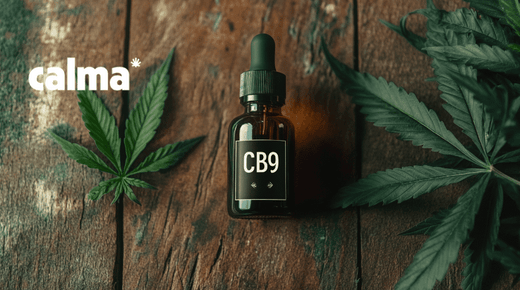

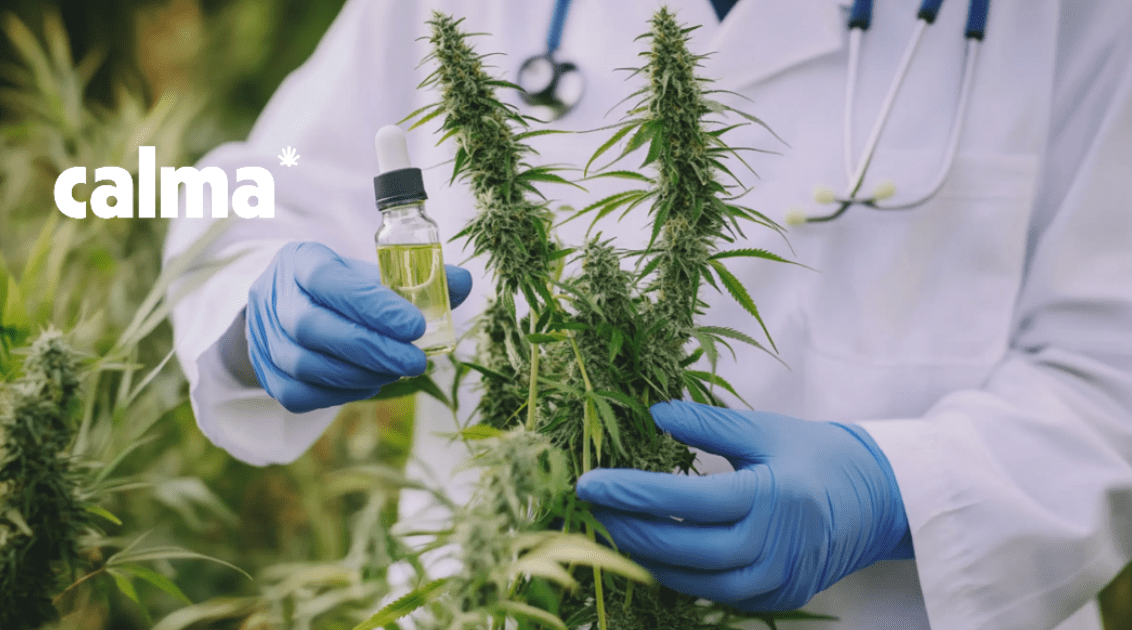

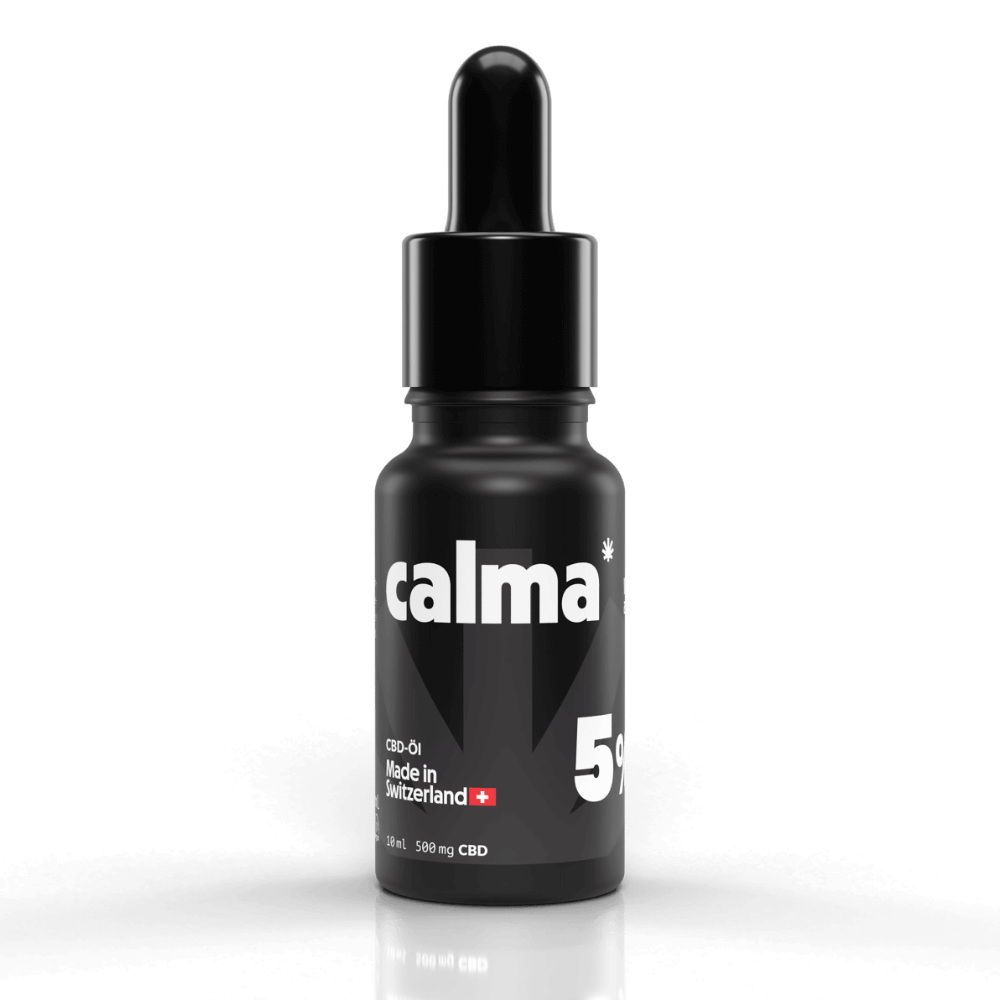
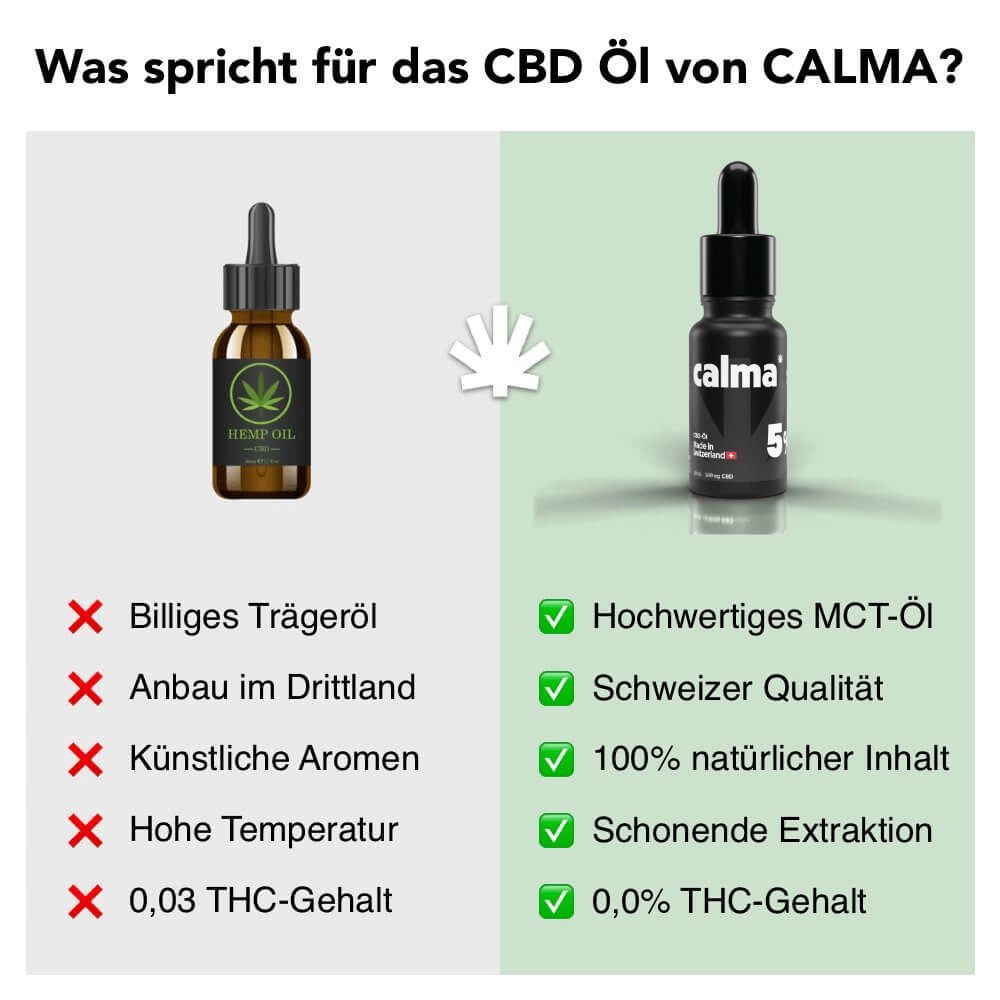
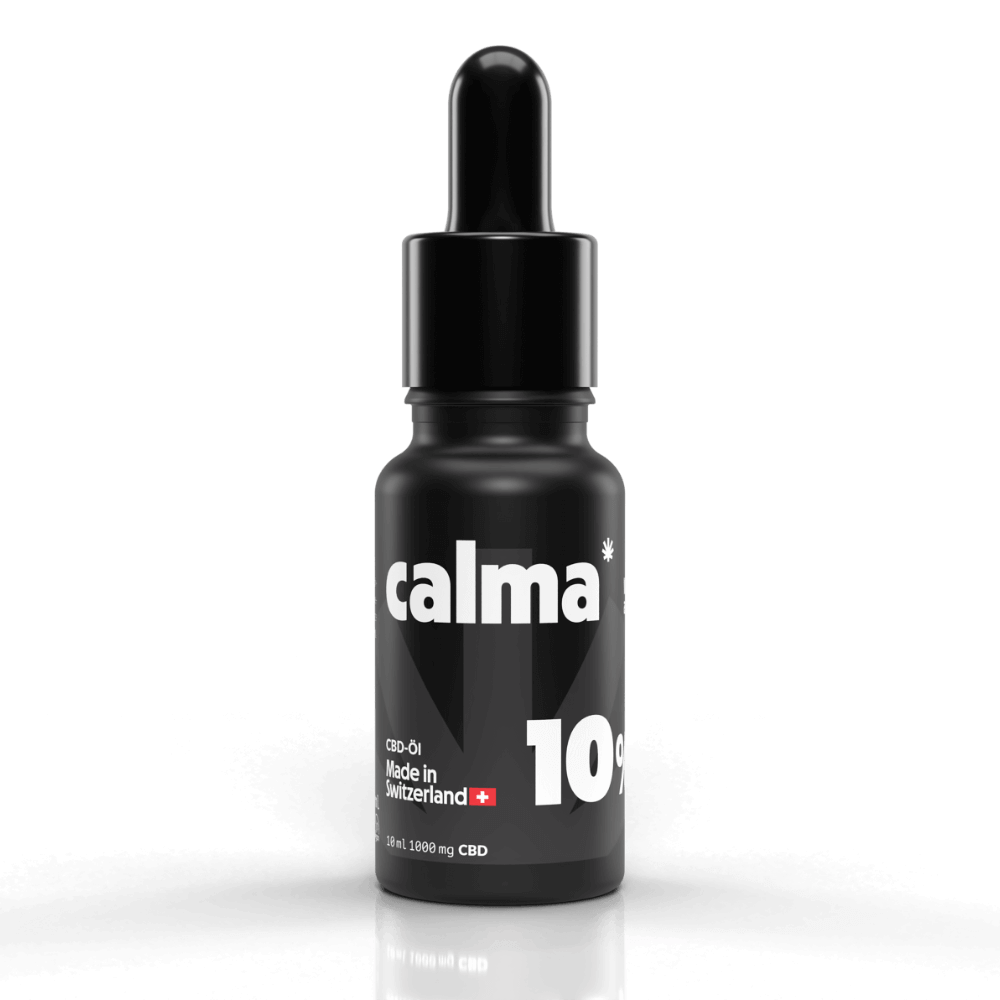
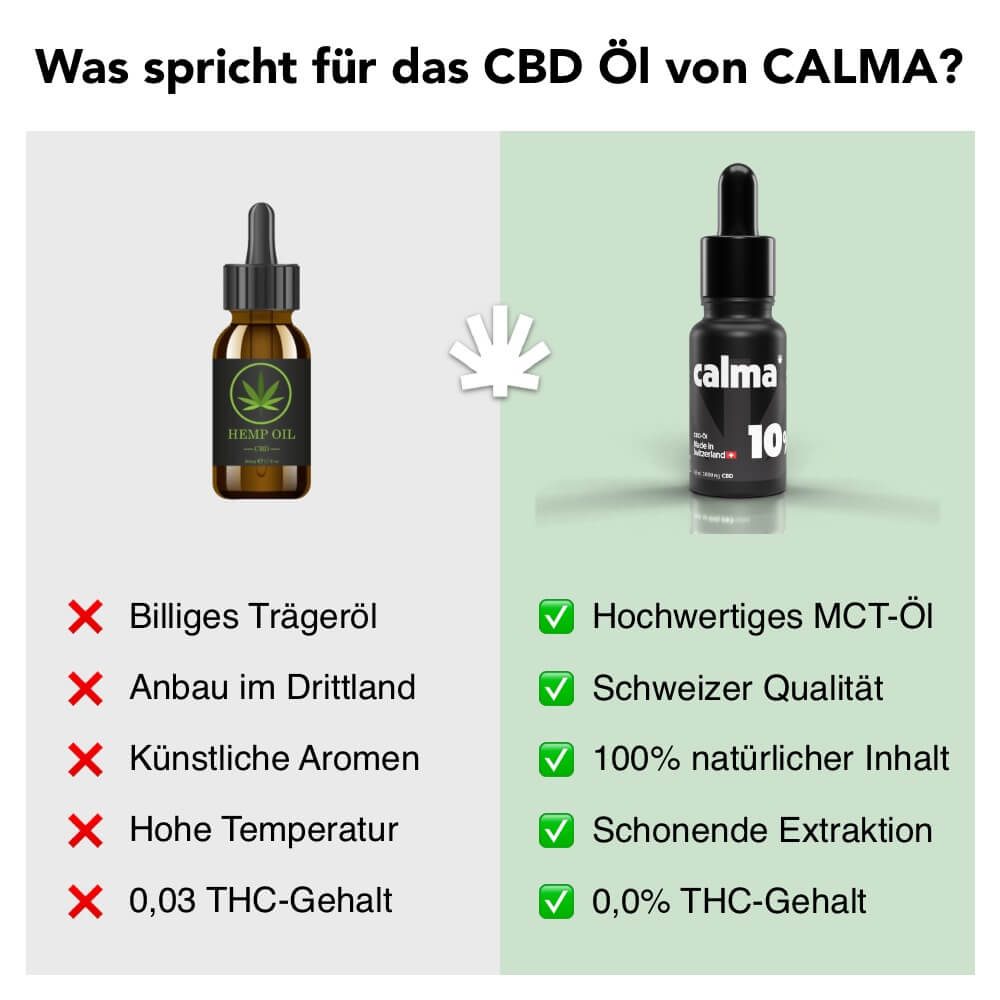
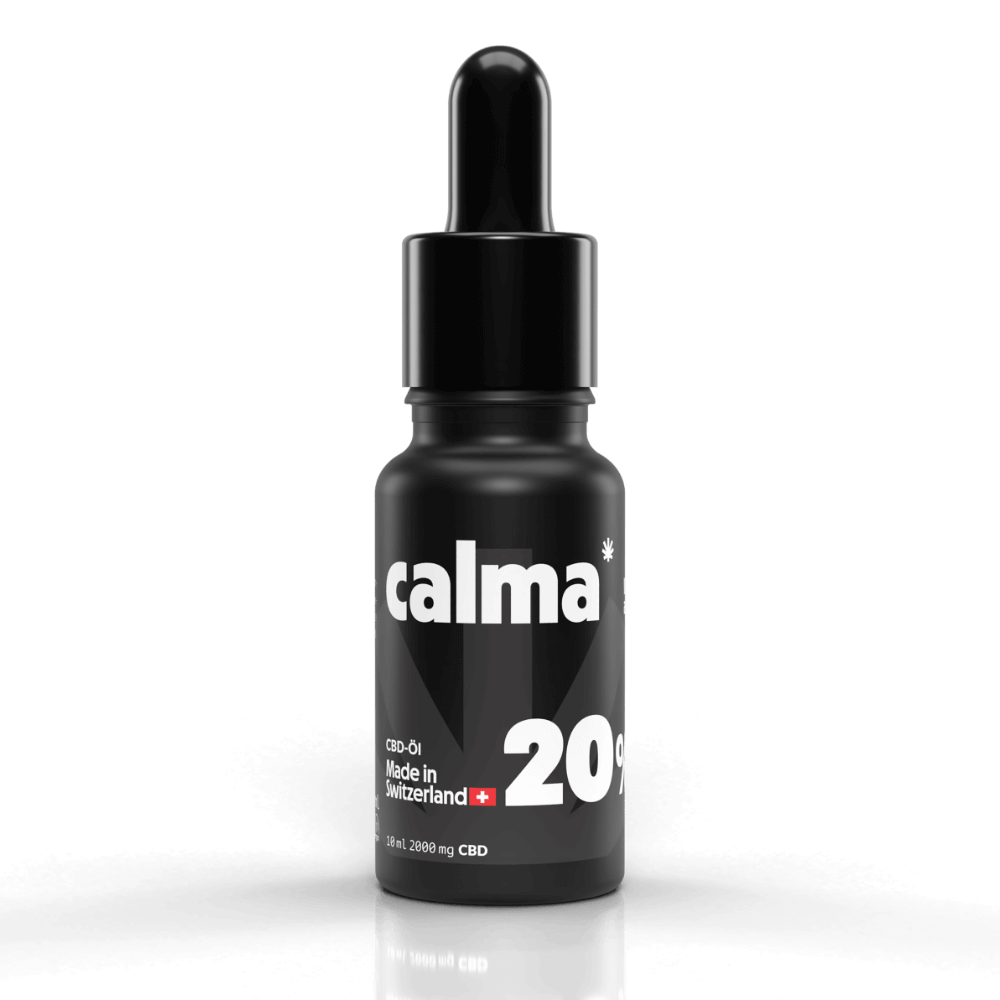
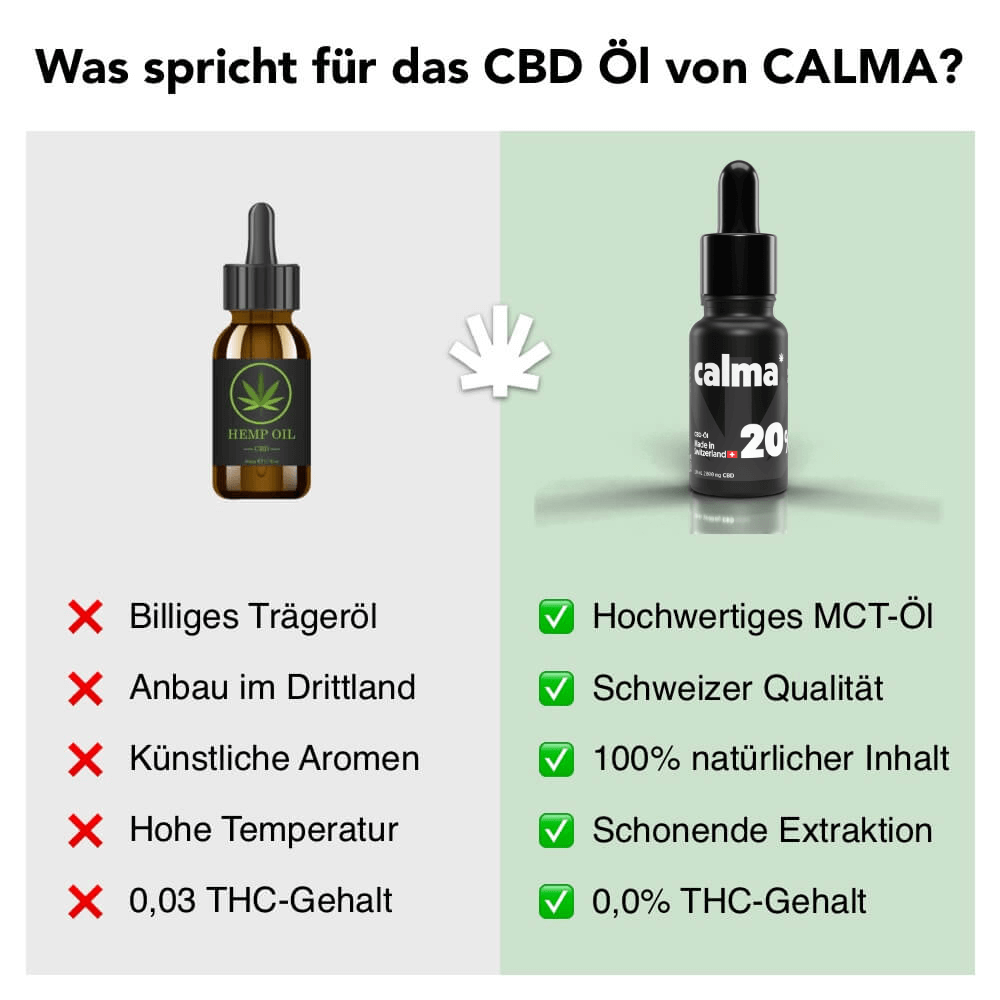
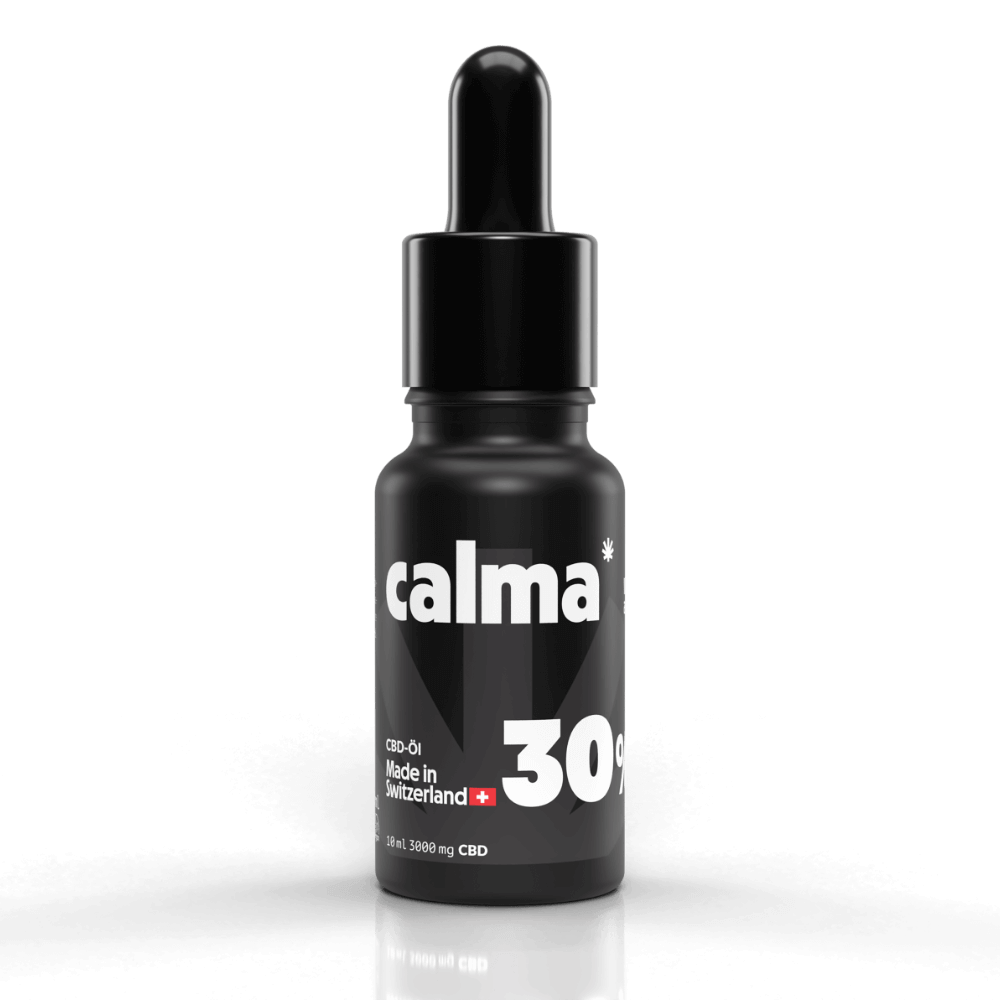
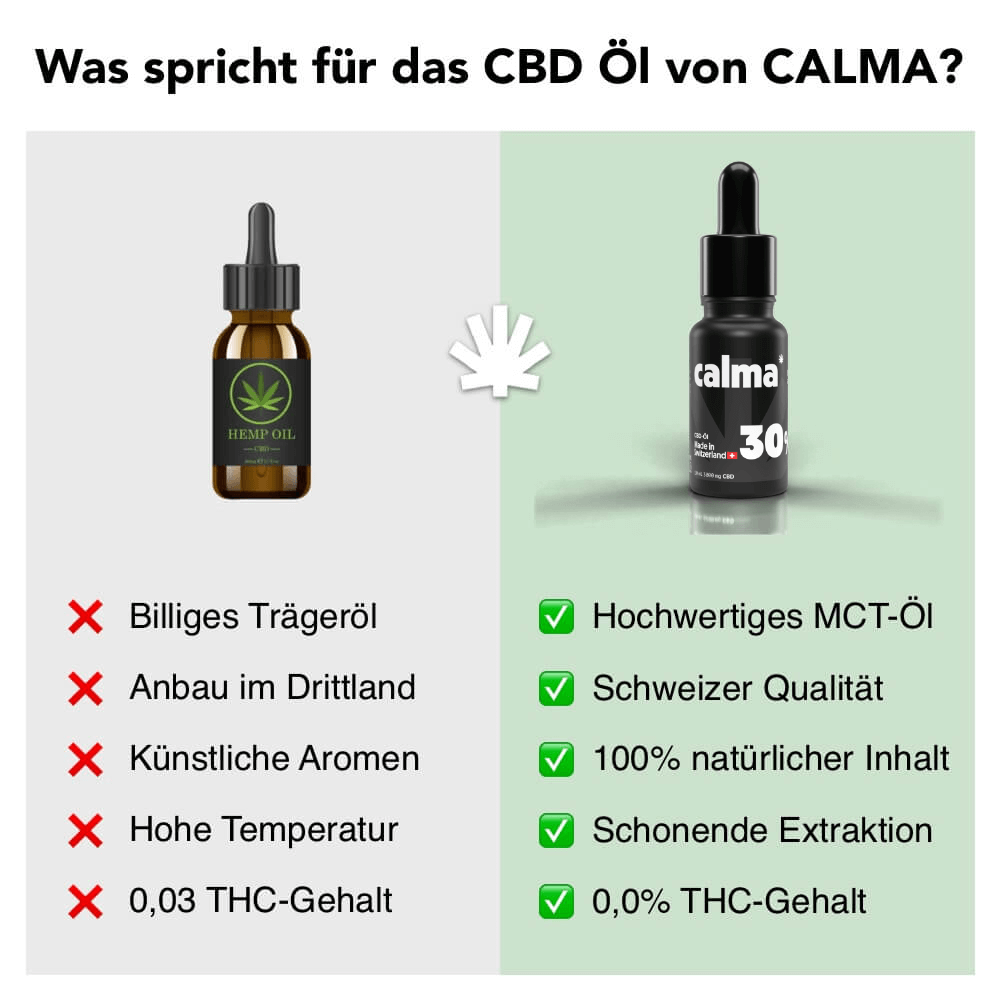
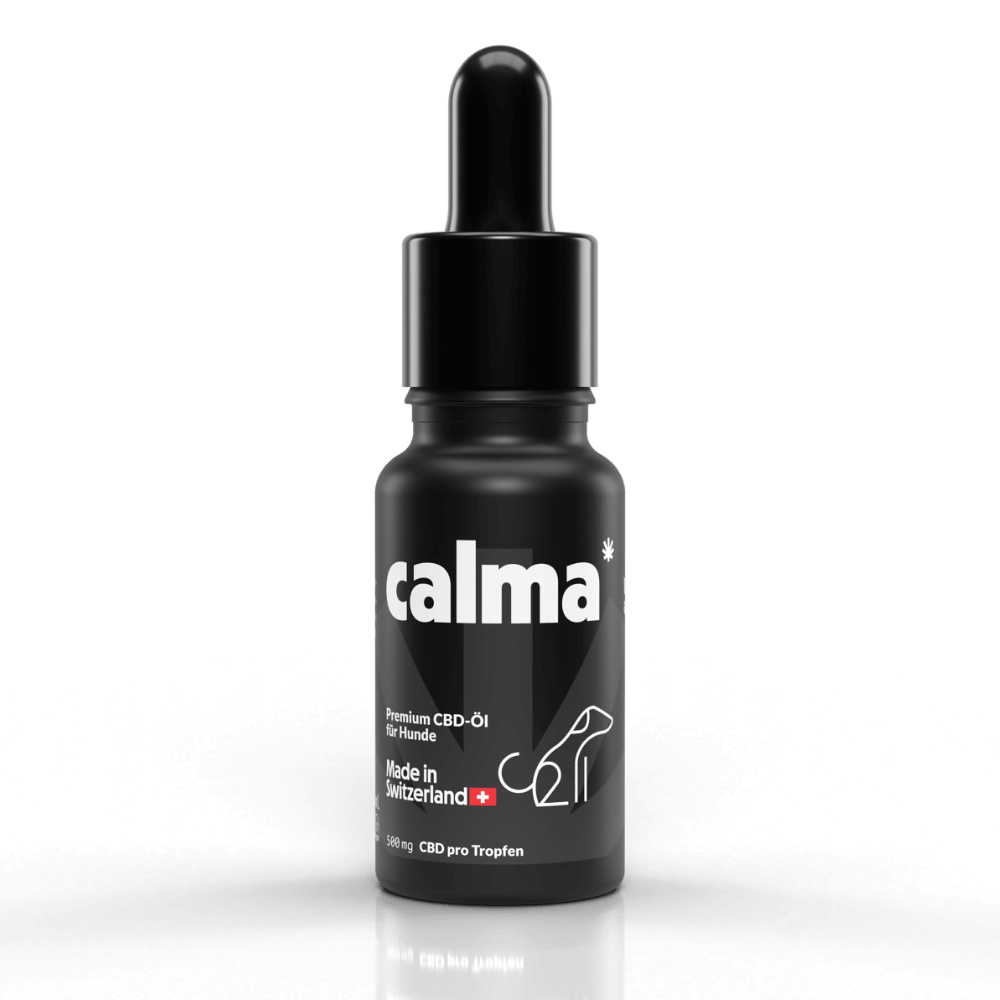
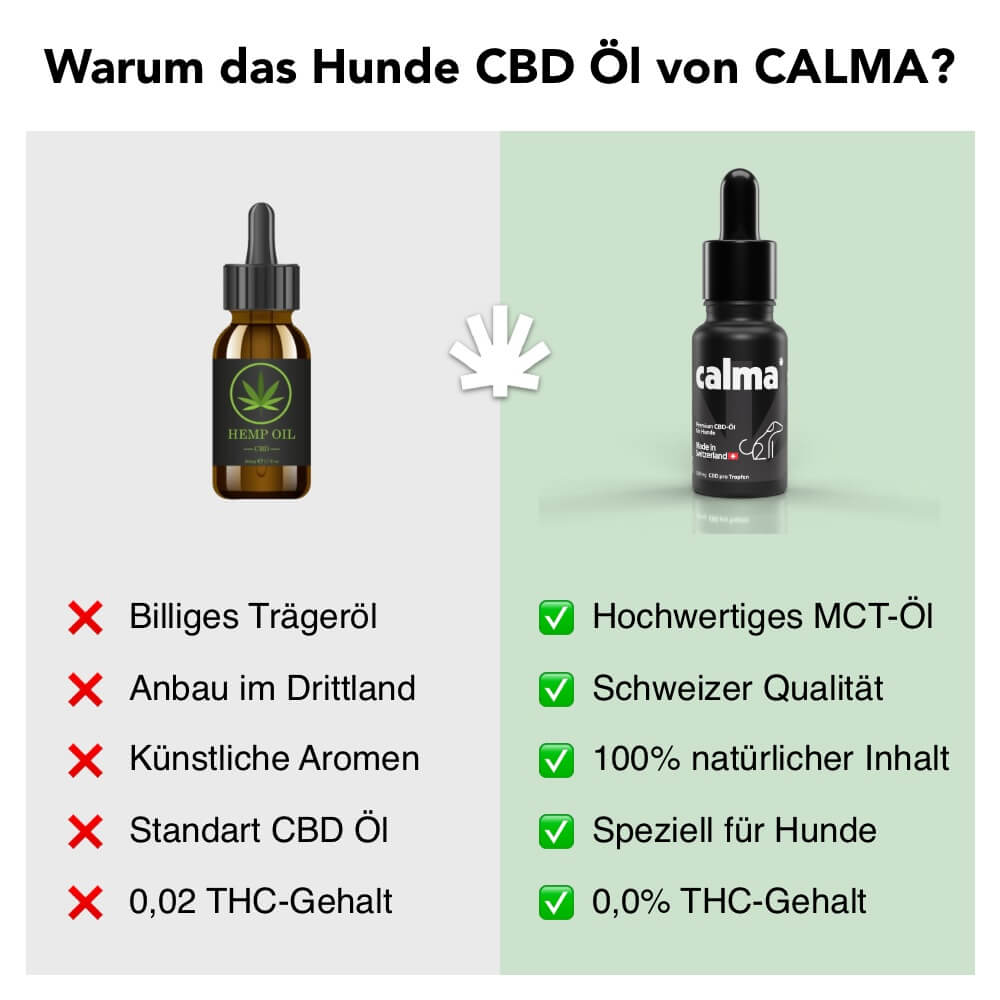
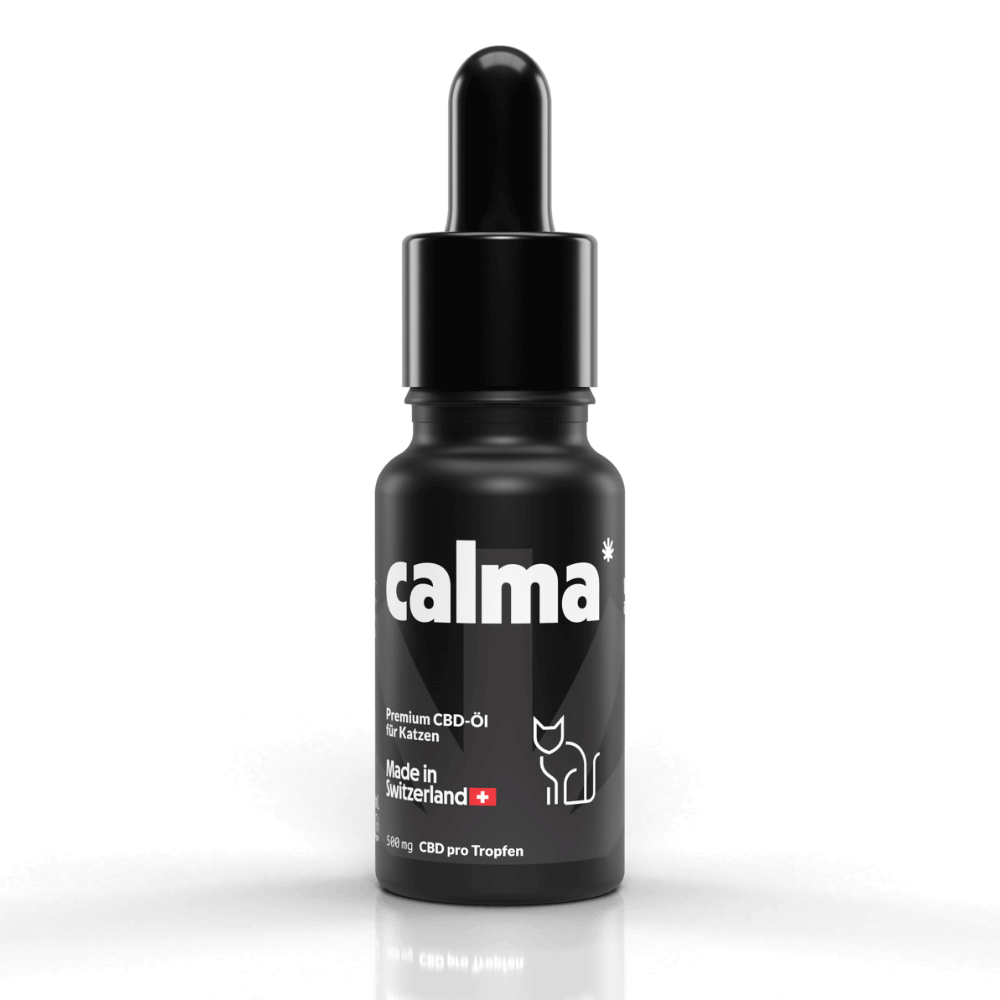
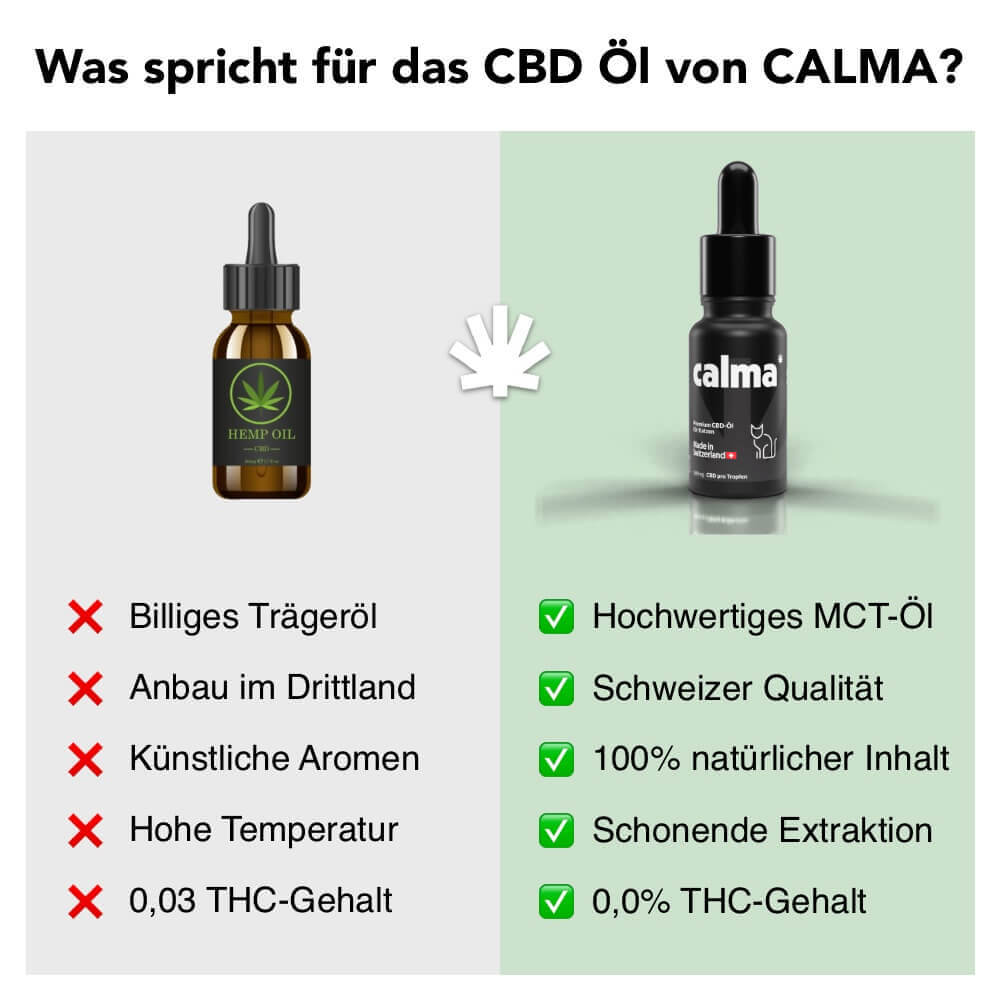
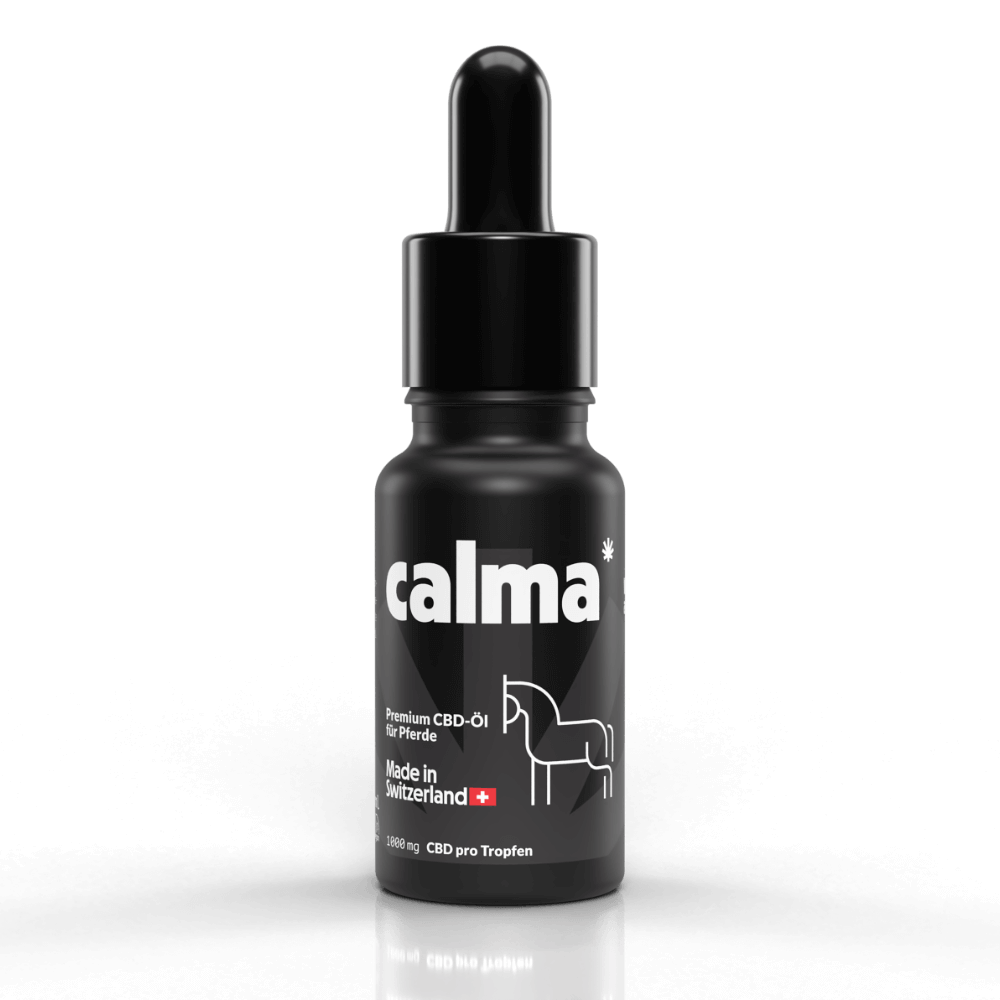
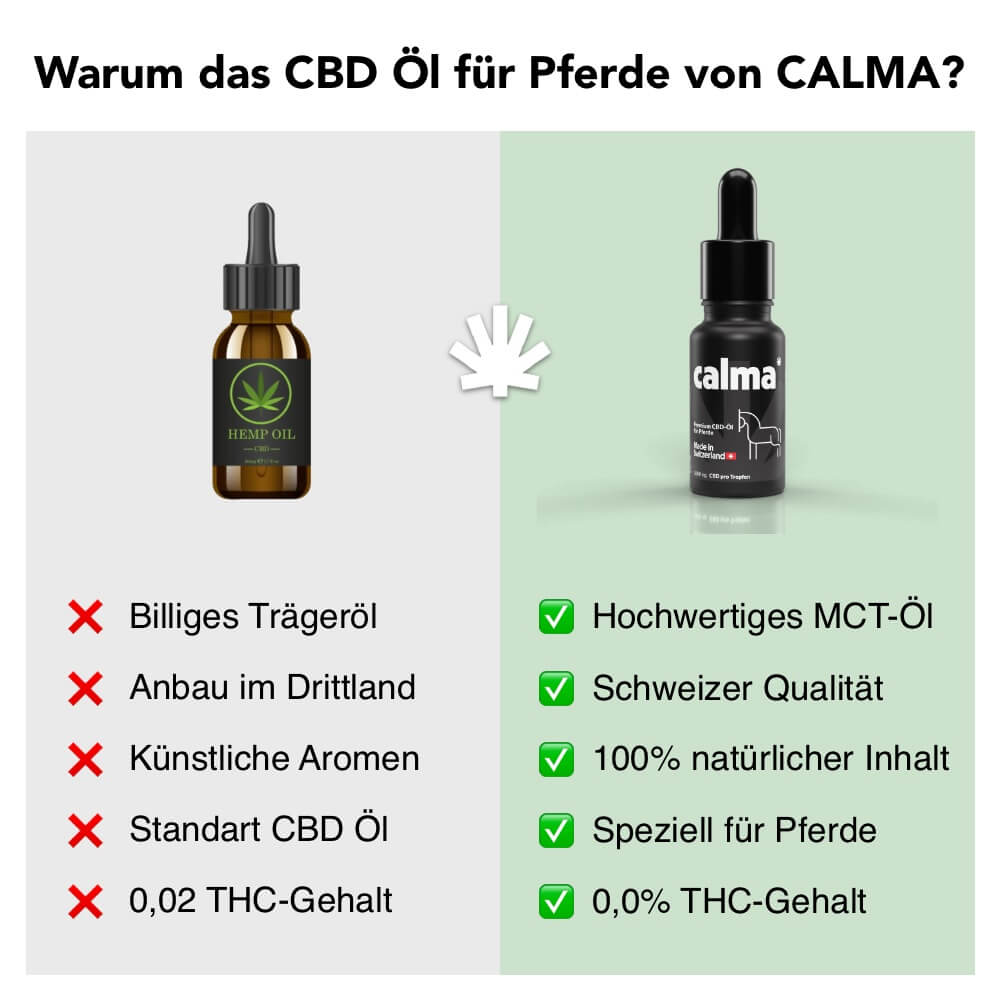
Leave a comment
All comments are moderated before being published.
This site is protected by hCaptcha and the hCaptcha Privacy Policy and Terms of Service apply.